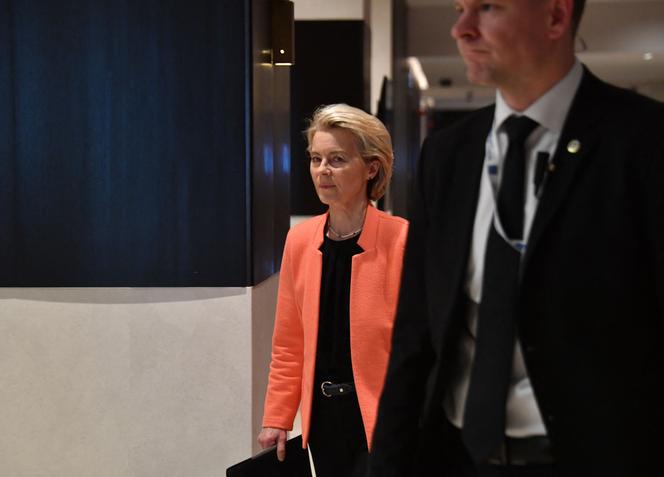


In the face of Donald Trump's protectionist offensive, the European Union (EU) has struggled to respond firmly. The Commission, which is responsible for trade matters, did threaten the United States with painful retaliatory measures, mentioning new tariffs on American goods and reprisals against tech giants and the financial sector. However, its president, Ursula von der Leyen, was vague and emphasized the need to negotiate. "It is not too late," she repeated, Thursday, April 3, like an incantation.
The day before, the American president celebrated "liberation day" in Washington by announcing unprecedented tariffs affecting every world region. European imports will be taxed at 10% from April 5, then at 20% starting April 9. These surcharges will not be on top of the 25% tariffs he had already imposed on steel and aluminum, alongside cars. In the coming weeks, Trump is also expected to take measures concerning pharmaceuticals, semiconductors, and wood, which have been spared for the moment.
In total, the Commission calculated that "the tariffs announced by Donald Trump affect €380 billion of European exports and would bring €81 billion into America's coffers, assuming trade volumes remain unchanged. Compared to €7 billion today. It's massive." Washington's trade war is also expected to damage Europe's already ailing growth. Especially since Europe risks seeing an influx of Chinese products, which would no longer be sold in the US due to a 54% surcharge applied by Washington.
You have 73.52% of this article left to read. The rest is for subscribers only.
